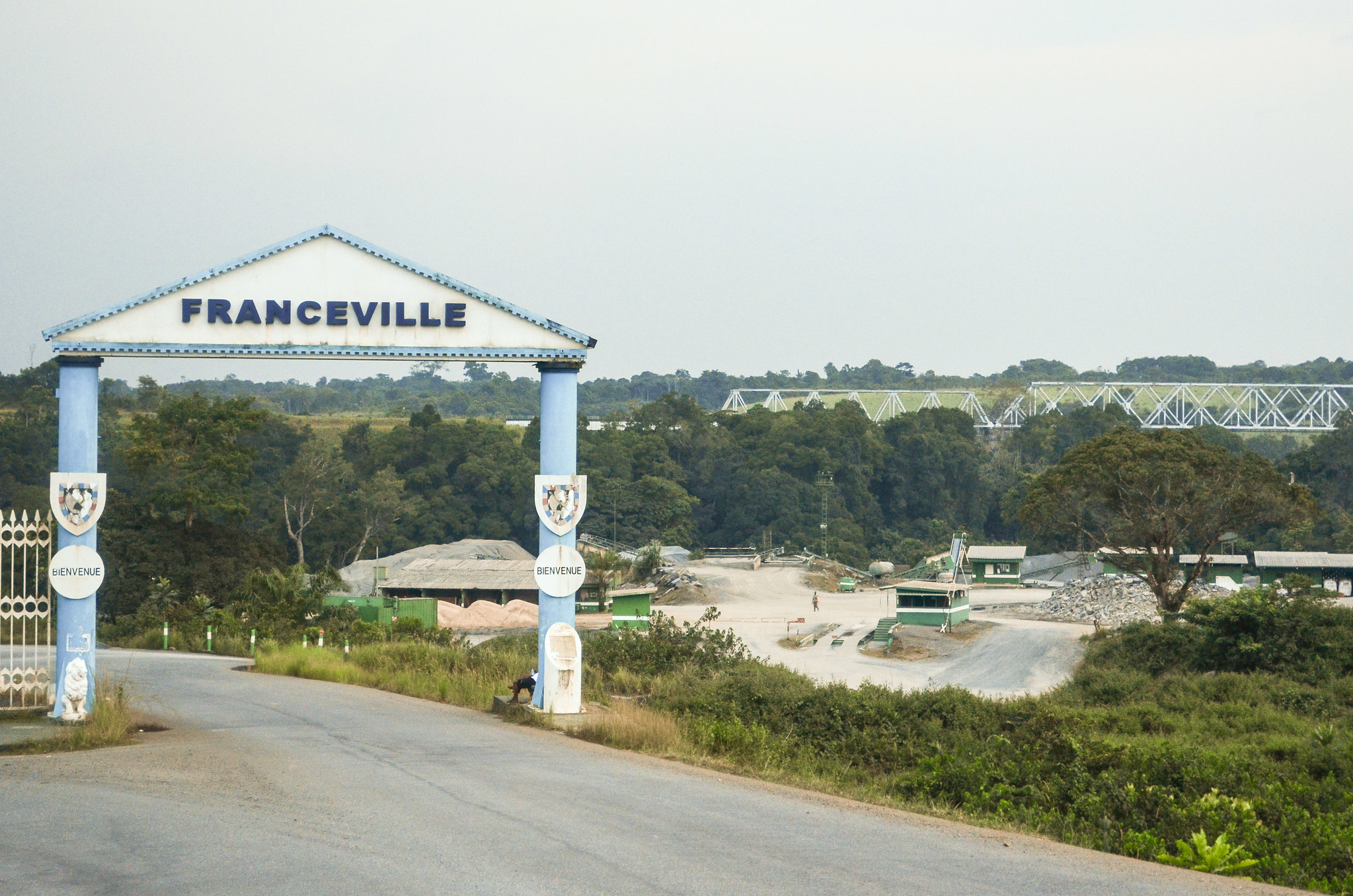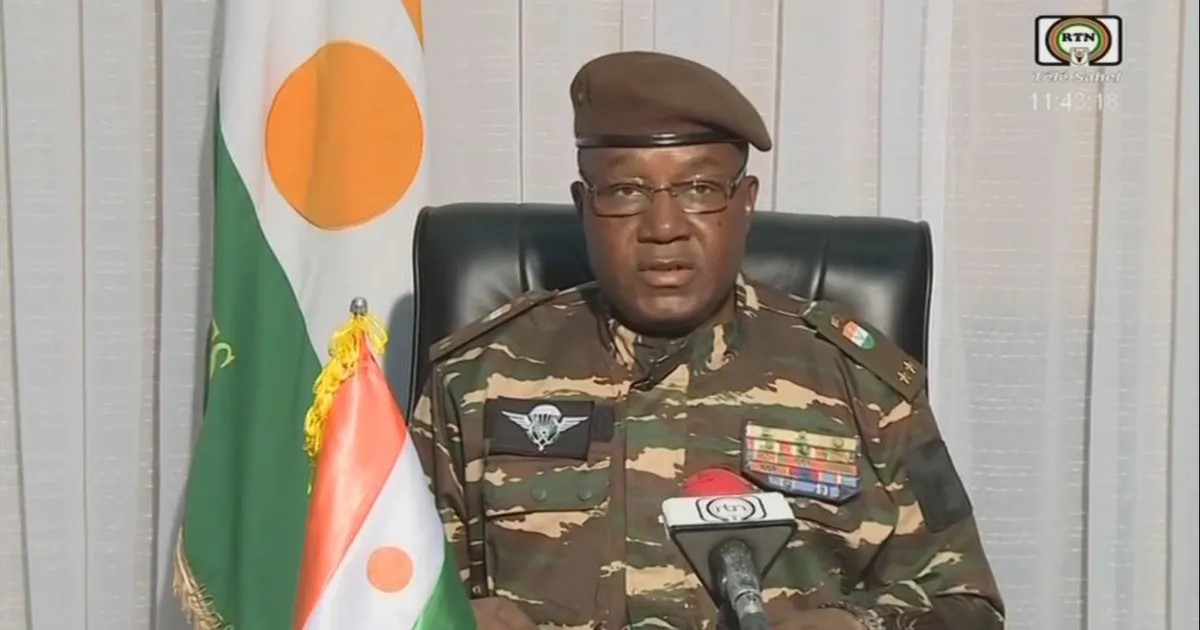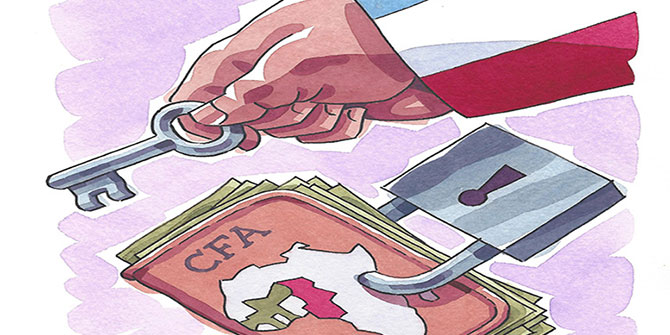France is no longer a colonial power, but it has maintained military, financial and political influence over African governments that has caused local resentment and helped create the conditions for coups, writes Abubakar Abubakar Usman.
Military coups have been a persistent issue in Africa since the continent gained independence from colonial rule. In the wake of the wave of independence from the 1950s to the 1970s, newly emancipated African countries grappled with the challenge of establishing stable political systems. This struggle has turned the continent into a stage for military interventions. Africa has witnessed a staggering 216 attempted coups post-independence, with half of them leading to military juntas controlling the government.
However, these statistics only unveil one facet of the story. A deeper analysis of the data unveils a tale of two distinct eras of military coups in Africa: the 20th century and the 21st century. Last century, military coups in Africa were so widespread that only a handful of countries remained untouched, but there was no discernible pattern.
Since 2000, the continent has witnessed 45 coup attempts, 23 of which succeeded. These successful coups unfolded in fourteen countries. Ten were former French colonies, two former British colonies, and the remaining two former Portuguese territories. Of the 23 successful coups this century, 16 occurred within former French colonies.
One of the major factors in the prominence of Francophone coups lies in the extensive interference of France in the internal affairs of its former colonies. Ian Taylor, a professor in International Relations and African Political Economy at the University of St Andrews, aptly characterises this as “the most glaring example of ongoing neocolonialism in Africa today, serving as a pivotal mechanism that fosters dependency in significant parts of the continent.”
An illustrative case of this interference is France’s manipulation of the monetary policies of 14 of its former African colonies through the Communauté Financière Africaine (CFA). Former French colonies are required to deposit a minimum of 50 per cent of their international reserves into an Operations Account in Paris under the control of the French Treasury.
This monetary control represents a stark example of how France’s influence persists in shaping the economic and political landscapes of its former colonies, perpetuating a dynamic of dependency that continues to impact these nations today.
Since independence, France has supported unpopular elites and dictatorial regimes, in exchange for securing access to natural resources vital to the French economy. Among these critical resources are uranium, manganese, chromium, phosphates, and crude oil. Of particular significance is the uranium sourced from Niger, which constitutes a staggering 80 per cent of France’s electricity production. This dependency underscores the depth of France’s strategic interests and its willingness to forge alliances with regimes, regardless of their domestic popularity, to secure access to these invaluable resources.
This dynamic has played out in countries such as Cameroon, Senegal, and, more recently, Gabon, which has been added to the growing list of recent successful military coups.
In a candid reflection of his country’s foreign policy in Africa, the former French Ambassador to Senegal, Jean-Christophe Rufin, lamented ‘‘the old, shadowy, compromising, cynical habits of trading political and business favours has just gotten more manipulative and opaque’’. In March 2023, during a four-nation tour, President Emmanuel Macron openly acknowledged France’s use of interference as a post-colonial strategy to protect its interests.
France has occasionally announced intentions to shift its foreign policy approach toward its African ex-colonies. For instance, in 1990, President Mitterrand declared France’s commitment to fostering democratic transitions through financial aid. However, France actually increased its support to authoritarian regimes to protect its vested interests.
Many of the recent military coups in Francophone countries have aimed to curtail France’s influence in their internal affairs, or at least claimed to be doing so. Military leaders in these nations have exploited the growing resentment of France’s interference to stage coups, often enjoying widespread popular support and goodwill, as demonstrated in the cases of Niger, Gabon, Mali, and Burkina Faso. This complex interplay of historical ties, power dynamics, and evolving sentiments underscores the multifaceted landscape of military coups in 21st century Francophone Africa.
Democratic letdown
The second significant factor in fostering coups has been the inability of democratically elected governments to deliver tangible benefits to their populations. This deficiency becomes evident when examining the human development rankings of African nations that have witnessed military coups in recent years. The Francophone nations that have experienced successful military coups since 2000 all find themselves among the bottom 20 in this ranking. The exception is Gabon, which is positioned at 112 out of 191 countries on the list.
The third critical factor contributing to the surge in military coups across Francophone Africa is the shifting dynamics in the international system. The rise of China as a global power, alongside the influence of the BRICS (Brazil, Russia, India, China, and South Africa), has provided military leaders with alternative avenues for economic and political support. China has emerged as a key economic guarantor for these countries, while Russia offers security assurances when Francophone nations decide to assert their independence from French military influence. This evolving international landscape has presented these countries with alternative partners, allowing military leaders to pursue their agendas with increased autonomy.
As Nigeria’s former head of state, President Ibrahim Badamasi Babangida, once said, the military always senses the right time to pounce. The moment they sense growing discontent, they know people will approve if they carry out a coup.
The non-Francophone African countries are not out of the woods yet, given their persistent poor performance in human development, dwindling economies, growing insecurity, and fading hope. Rather than trying to use coercive measures to end the persistent military coups in West Africa, supranational institutions such as the Economic Community of West African States, the African Union, the United Nations, and other relevant stakeholders interested in mitigating military coups should invest to address the root causes and help local people, not sacrifice them for wider strategic goals.
Photo credit: Paul Kagame used with permission CC BY-NC-ND 2.0 DEED





